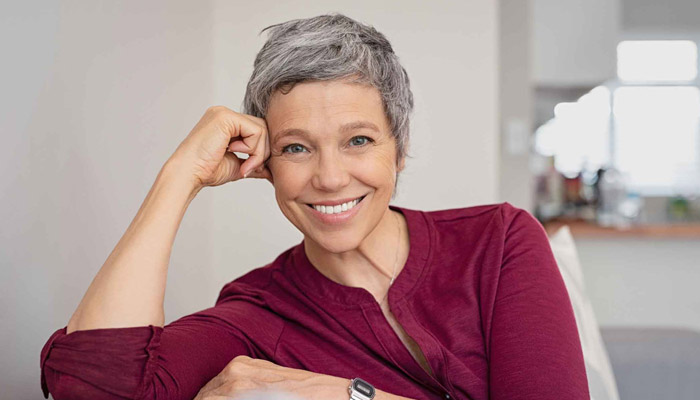
Gynecological Health For Seniors: The Most Common Concerns & Conditions
When it comes to gynecological health, women of different ages, especially post-menopausal women and seniors, have different needs than younger women. It’s important for women to know common concerns and conditions that come with age so they can talk with their OBGYN about it.
Vulvovaginal Inflammation
Vulvovaginal inflammation, also called vulvovaginitis can affect women of all ages, and seniors are no exception. In younger women, it can occur due to yeast and bacterial infection. However, seniors may also develop vulvovaginal inflammation due to lowered estrogen levels.
Common symptoms of this condition can include:
- Vaginal discharge
- Itching and irritation
- Painful urination
- Pain during sexual intercourse
Your OBGYN can discuss the proper steps to take to address this issue, whether it is due to low estrogen levels or any other cause.
Genital Prolapse
This is common in postmenopausal women who have had children. The pelvic organs may slip and press against the walls of the vagina due to the weakening of the pelvic floor muscles. About 50% of women who have had more than one child experience some level of genital prolapse, though only 10-20% complain of symptoms. Treatment steps may include Kegel exercises to strengthen the pelvic floor and other self-care measures, with a hysterectomy recommended only in the most severe cases.
Postmenopausal Bleeding
Postmenopausal bleeding is a major cause for concern in seniors. Once your menstrual cycle ceases due to menopause, you should not experience bleeding, and if you do, you should see your OBGYN. Postmenopausal bleeding could indicate conditions like:
- Vaginal polyps
- Thinning or thickening of the uterine lining
- Thinning of vaginal tissue
- Sexually-transmitted disease
- Cervical cancer
You should schedule a consultation right away to rule out a serious condition, as postmenopausal bleeding is a very common sign of cervical or vaginal cancer.
Alterations In Bladder Function
Weakened muscles and a decrease in estrogen levels can alter the function of the bladder, leading to dribbling, incontinence, a decreased urinary flow rate, and a high postvoid residual volume (inability to fully empty the bladder.) If your bladder function has changed, you should discuss options for mitigating these effects with your OBGYN.
Seniors Need An OBGYN, Too – Schedule Your Appointment!
Women of all ages should see an OBGYN regularly, and that includes seniors. So if you have not had a checkup in a while, make an appointment right away with Women’s Medical Associates of Nashville, and ensure that you can keep your body healthy, and get help for gynecological issues, such as those listed above.
